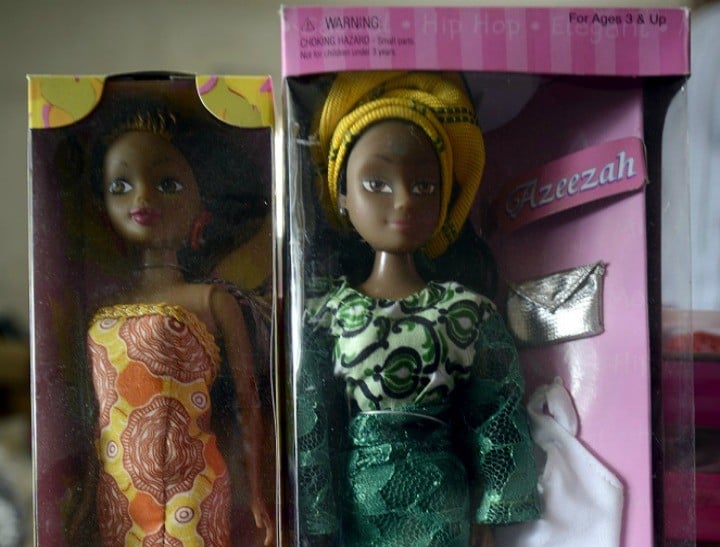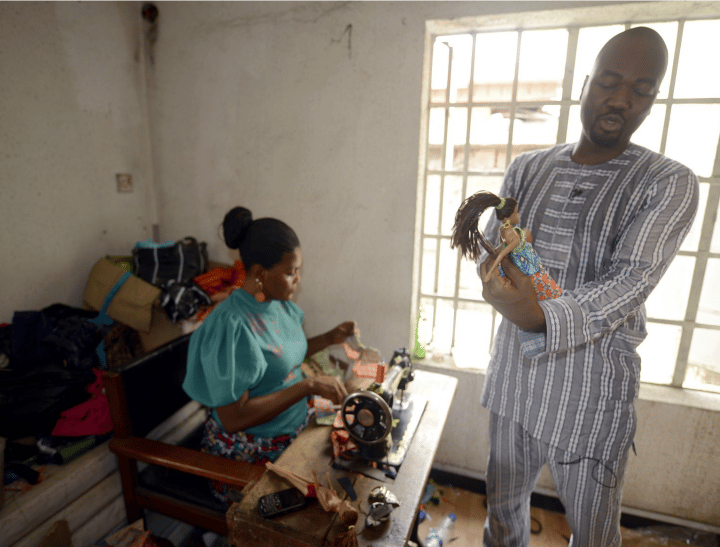
His daughter said she wanted to be white. So this father created a new doll for African girls.
When his daughter said she wanted to be white, Nigerian father Taofick Okoya knew he had to take drastic action.
So he created a new line of African dolls to give his daughter a figure they can more closely identity with– and now, the toys are outselling Barbie in his native Nigeria.
Okoya, 43, designed the Queens of Africa doll line to offer his daughter and other young African girls a contrast to the popular blonde-haired, blue-eyed dolls that saturate the market.


Top Comments
Have you seen the Lammily doll?
Amazing! I want one!